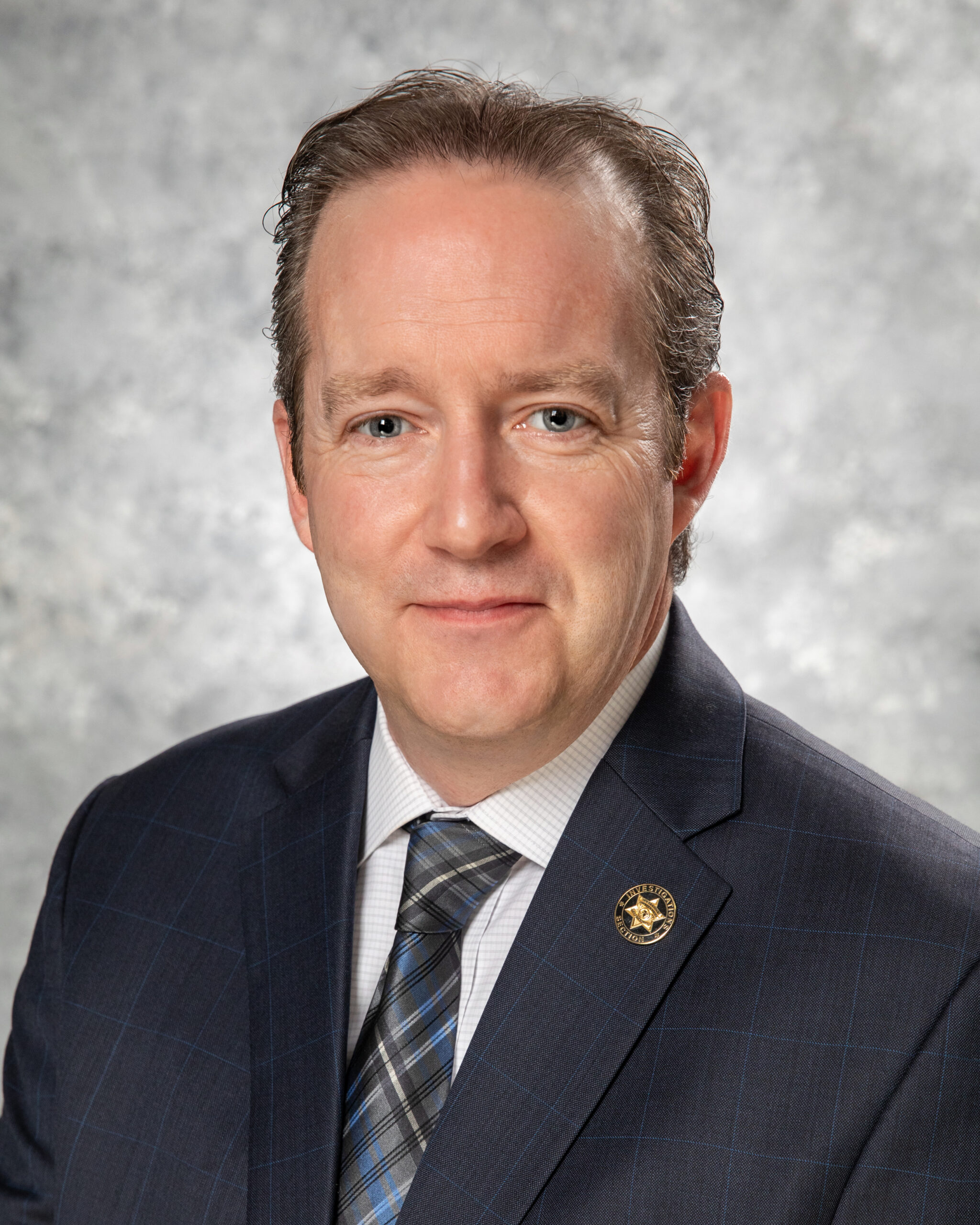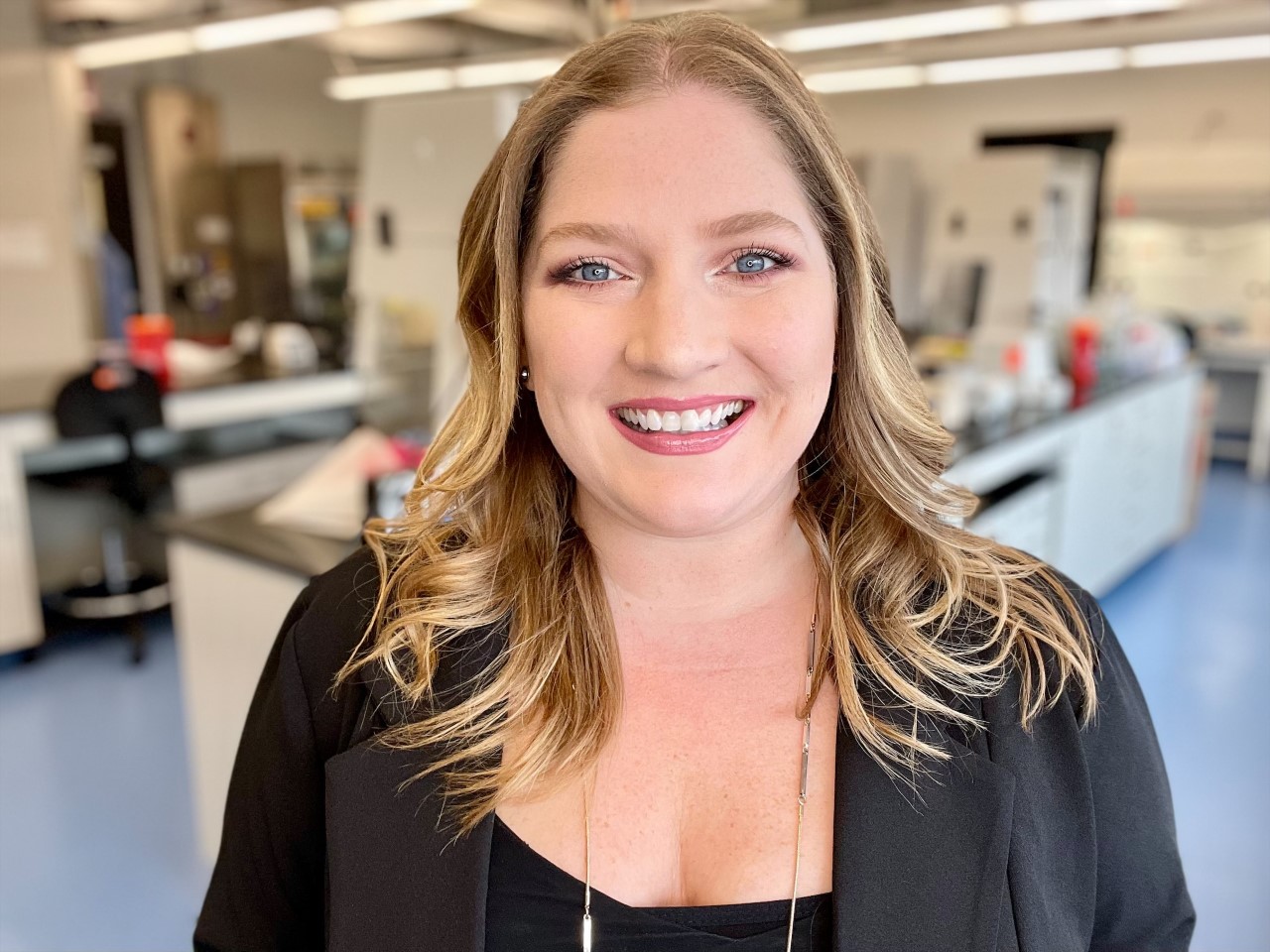Engaging Collaboration: How to Further Cold Cases with Advanced DNA Approaches
Home » Engaging Collaboration: How to Further Cold Cases with Advanced DNA Approaches
- Workshop
Engaging Collaboration: How to Further Cold Cases with Advanced DNA Approaches
- September 26, 2024 //
- 1:30 pm -
- 4:30 pm //
- Grand Oaks Ballroom AB
Description:
This workshop will provide a template for all stakeholders to further cold case investigations through collaboration across agencies and departments using advanced DNA methods. These methods include a combination of traditional STR/Mito CODIS upload, RapidDNA, and Forensic Investigative Genetic Genealogy (FIGG). Contemporary Missing Persons Day Events and DNA Drives are an important forensic tool. These events require careful coordination between law enforcement, medical examiner/coroner offices, forensic labs, and the public to ensure processes undertaken are within the boundaries of the law and are carried out ethically and responsibly. Successful execution fosters positive interactions between the stake holders and the community.
Learning Outcomes:
- Engaging law enforcement, medical examiner/coroner offices, FIGG practitioners, and forensic DNA laboratories to collaborate together.
- Providing a template for all stakeholders to conduct a contemporary Missing Persons Day and DNA Drive to include promoting, organizing, and executing the events.
- Providing education on how advanced DNA methods, e.g., Forensic Investigative Genetic Genealogy (FIGG) works and how all interested parties can make informed, ethical decisions.
- Applying advanced DNA methods across disciplines to successfully complete disaster victim identifications.
Intended Audience:
Professionals from law enforcement, medico-legal, forensic lab, academia, and genealogy. Some knowledge required.
Description:
This workshop will provide a template for all stakeholders to further cold case investigations through collaboration across agencies and departments using advanced DNA methods. These methods include a combination of traditional STR/Mito CODIS upload, RapidDNA, and Forensic Investigative Genetic Genealogy (FIGG). Contemporary Missing Persons Day Events and DNA Drives are an important forensic tool. These events require careful coordination between law enforcement, medical examiner/coroner offices, forensic labs, and the public to ensure processes undertaken are within the boundaries of the law and are carried out ethically and responsibly. Successful execution fosters positive interactions between the stake holders and the community.
Learning Outcomes:
- Engaging law enforcement, medical examiner/coroner offices, FIGG practitioners, and forensic DNA laboratories to collaborate together.
- Providing a template for all stakeholders to conduct a contemporary Missing Persons Day and DNA Drive to include promoting, organizing, and executing the events.
- Providing education on how advanced DNA methods, e.g., Forensic Investigative Genetic Genealogy (FIGG) works and how all interested parties can make informed, ethical decisions.
- Applying advanced DNA methods across disciplines to successfully complete disaster victim identifications.
Intended Audience:
Professionals from law enforcement, medico-legal, forensic lab, academia, and genealogy. Some knowledge required.





